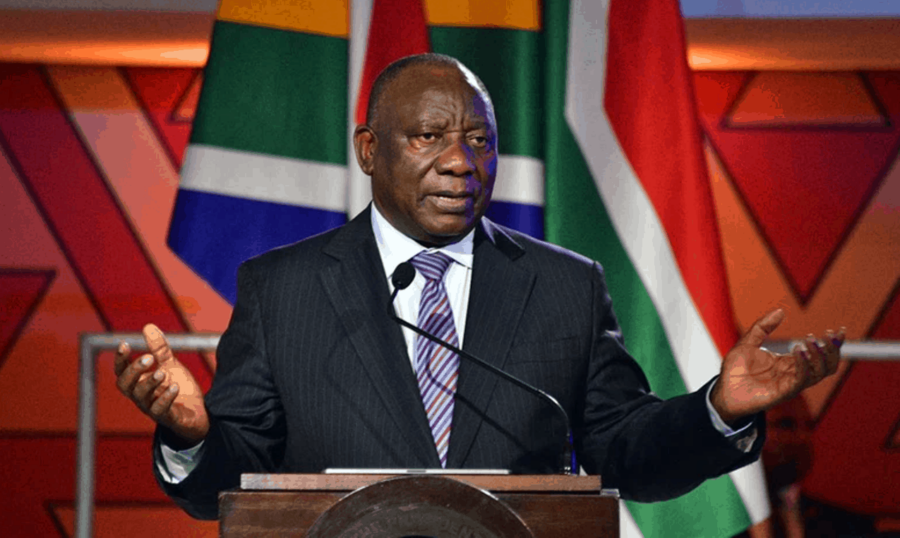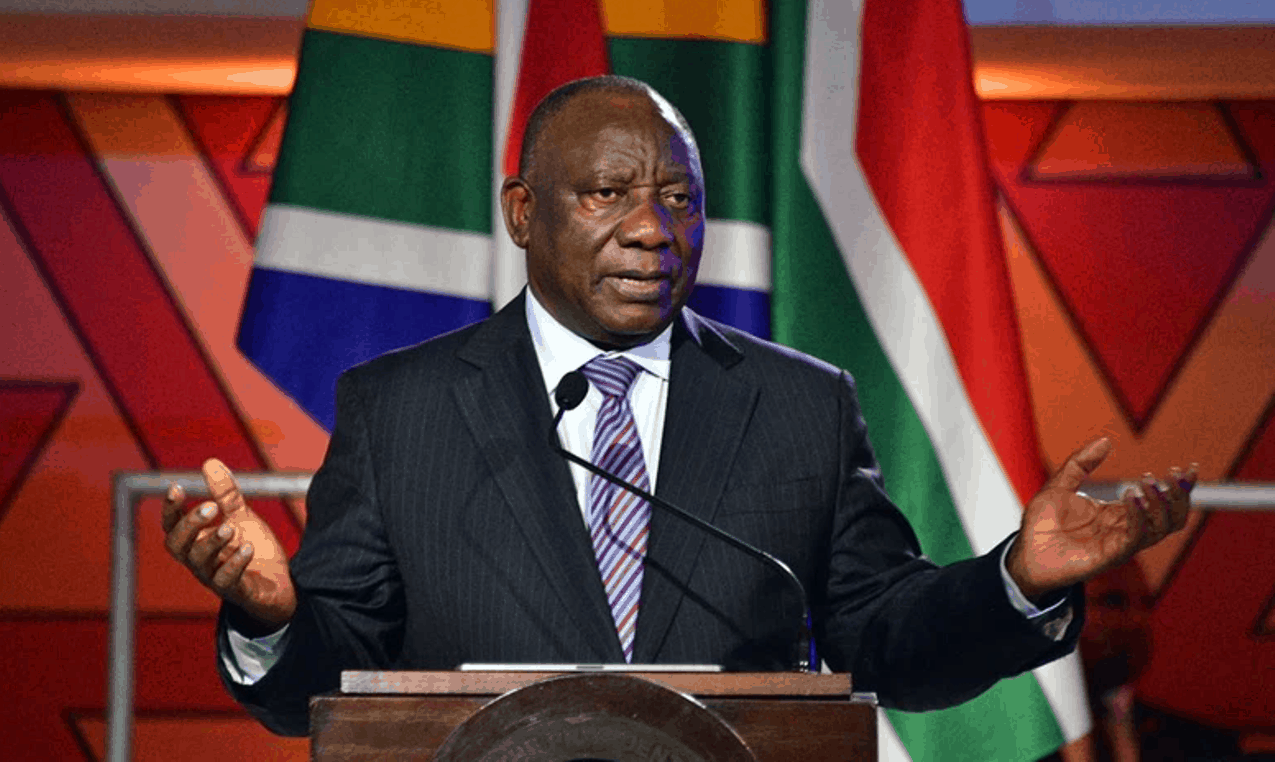
How many votes the ANC has received since 1994
The ruling African National Congress faces the very real possibility of receiving their fewest ever number of votes in next month’s election.

The ruling African National Congress (ANC) faces the very real possibility of receiving its fewest ever number of votes in next month’s election.
The seventh general elections since 1994 will take place on Wednesday, 29 May.
The date has been declared a public holiday.
The 1994 election remains the highest in terms of valid votes cast with 19 533 498.
However, that record may fall next month, as, according to the official IEC website, 27 723 820 voters in South Africa are eligible to mark their ‘X’ in this year’s national and provincial elections.
Whether a new record is set or not, what is without debate is that that number represents the highest total since the dawn of democracy in the country 30 years ago.
The ANC received its greatest number of votes in the 1994 elections (12 237 655) and its highest overall percentage in 2004 (69.69%).
However, that percentage dropped to a record low in the most recent 2019 elections with 57.5%.
Talk suggests that figure could fall below the 50% mark in 2024.
ANC VOTES RECEIVED IN EVERY ELECTION TO DATE
| Year | Total votes | ANC votes | % |
| 1994 | 19 533 498 | 12 237 655 | 62.65% |
| 1999 | 15 977 142 | 10 601 330 | 66.35% |
| 2004 | 15 612 671 | 10 880 915 | 69.69% |
| 2009 | 17 680 729 | 11 650 748 | 65.90% |
| 2014 | 18 402 497 | 11 436 921 | 62.15% |
| 2019 | 17 437 379 | 10 026 475 | 57.50% |
| 2024 | ? | ? | ? |
Meanwhile, it’s important to note that only those who are on the voters roll certified by the IEC (as of 12 March) will be able to vote on 29 May.
“It is impossible to vote in that election if you have not applied for registration before [the close of the voters roll],” confirmed the IEC.
In 2024, the provincial breakdown of the registered voters indicates that Gauteng (23.6%) remains as the biggest voting block, followed by KwaZulu-Natal (20.7%) and the Eastern Cape (12.41%).
| Rank | Province | Voters | % |
| 1 | Gauteng | 6 542 033 | 23.6% |
| 2 | KwaZulu-Natal | 5 738 272 | 20.7% |
| 3 | Eastern Cape | 3 439 325 | 12.41% |
| 4 | Western Cape | 3 317 102 | 11.96% |
| 5 | Limpopo | 2 779 668 | 10.03% |
| 6 | Mpumalanga | 2 025 074 | 7.3% |
| 7 | North West | 1 768 580 | 6.38% |
| 8 | Free State | 1 456 935 | 5.26% |
| 9 | Northern Cape | 656 831 | 2.37% |
| TOTAL | 27 723 820 | 100% |
There has been a marked increase in the rate of representation by persons in the age group 18-39 years.
This age band accounts for 42% – or 11.7 million – voters on the voters’ roll.
Interestingly, the trend of there being more females on the voters’ roll continues.
Of the 27.79 million voters, 15 million are females. This represents over 55%.
Since the voters’ roll was compiled for the first time ahead of the 1999 national and provincial elections, it (the voters’ roll) has shown steady growth of over 35% and contains the highest number of registered voters, recording an increase of 9.6 million voters since the 1999 general elections.
The table below illustrates the rate of growth on the voters’ roll for successive elections:
| Elections | Voters |
| 1999 | 18.17 million |
| 2004 | 20.67 million |
| 2009 | 23.18 million |
| 2014 | 25.39 million |
| 2019 | 26.76 million |
| 2024 | 27.79 million |
DO YOU KNOW WHO YOU’LL BE VOTING FOR IN THE 2024 GENERAL ELECTIONS?
Let us know by emailing info@thesouthafrican.com or sending a WhatsApp to 060 011 021 1
